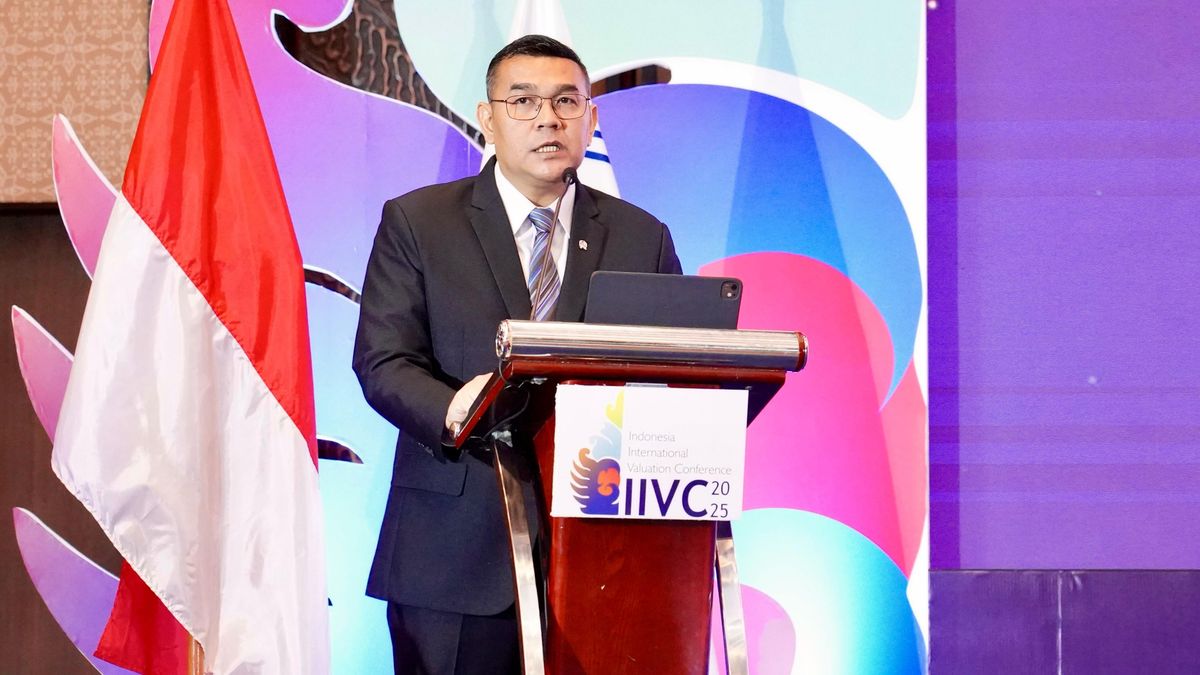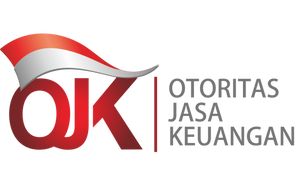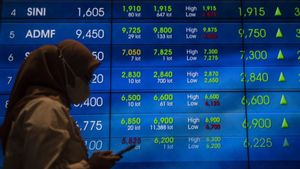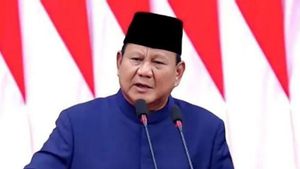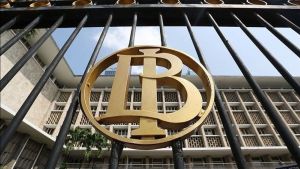TANGERANG - Deputy Minister of Agrarian and Spatial Planning (ATR)/Deputy Head of the National Land Agency (BPN) Ossy Dermawan said the huge benefits of the Land Value Zone (ZNT) for a number of sectors.
According to Ossy, this is a special representation of the value of land in a certain region and reflects the average market value of land parcels in certain zones.
This was conveyed by Ossy in his remarks in front of the Indonesian Appraisal Professional Community (Mappi) at the International Value Conference 2025, Tangerang, Thursday, April 24.
"Building based on market transactions, assessment and field observations, GNT provides reliable and objective references to understanding land value, both in urban and rural areas," said Ossy.
For the banking sector, GNT helps banks in assessing guarantee value more accurately and consistently.
It can also reduce the risk of overvaluation or underprivileged in property-based loans and help standardize credit analysis procedures involving land and property.
For the private sector, such as developers, investors and property professionals, GNT provides a transparent basis for land acquisition, project feasibility studies, and investment decision making.
This increases market predictability and facilitates fair competition.
As for the general public, GNT allows residents to access clear information and standards regarding land value. Such as when buying or selling property, solving inheritance problems or in the land acquisition process.
Thus, it can strengthen public trust through openness and justice.
"For our own ministry, GNT functions as the main instrument in land administration, spatial planning and formulation of land policy. This helps determine compensation in land acquisition, supports spatial analysis and strengthens data-based decision making," he said.
Then, said Ossy, local governments (Pemda) can also use GNT to calculate Land and Building Taxes (PBB), guide city planning and implement zoning regulations.
SEE ALSO:
In addition, GNT is also useful in determining retribution rates and providing legal certainty in public land development.
Meanwhile, for the Ministry of Finance (Kemenkeu), ZNT facilitates fiscal planning and formulation of tax policies. This supports the projected income from land-based taxes and contributes to the harmonization of the assessment system between the central and regional governments.
As a conclusion, continued Ossy, ZNT is not only a technical instrument, but a strategic asset in realizing fair, transparent and accountable land governance in Indonesia.
"Of course, it is the responsibility of our ministry to continue to update, digitize and expand its implementation in all related sectors," he concluded.
The English, Chinese, Japanese, Arabic, and French versions are automatically generated by the AI. So there may still be inaccuracies in translating, please always see Indonesian as our main language. (system supported by DigitalSiber.id)
